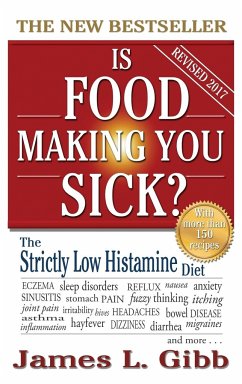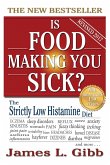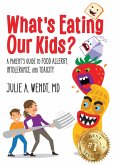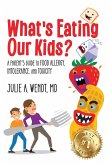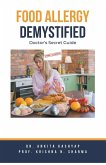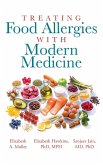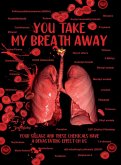People all over the world suffer from histamine intolerance without being aware of it. We itch, sneeze, suffer from joint pain, inflammation, sleep disorders, irritability, anxiety, bowel disease, diarrhea, flatulence, stomach pain, heartburn and acid reflux, nausea, bloating and other digestive problems, eczema, psoriasis, tissue swelling, urticaria (hives), itching skin, itching scalp, sinusitis, runny nose, puffy eyes, hay fever, asthma, and breathing difficulties, or endure tension headaches, migraines, fuzzy thinking, dizziness, irregular heartbeat, painful periods (women), sudden drops in blood pressure, faintness or flushing. Symptoms may endure throughout our entire lives if we continue to consume large amounts of histamine without knowing it. Histamine is colorless, odorless and tasteless - undetectable except by scientific analysis, and yet crucial to our well-being. Individual histamine tolerance thresholds vary greatly. A range of circumstances including our genes, our environment, our diet and stress, cause our bodies' histamine levels to rise. If they rise faster than our bodies can break them down, we experience the excessive inflammation brought on by histamine intolerance, or HIT. The good news is, if we can understand what is happening and why, we can treat or prevent this widely unrecognized condition. By far the best way to treat histamine intolerance is with diet. All foods with the potential to raise histamine levels should be avoided until your health improves significantly. This book discusses HIT in depth, including causes, symptoms and therapies, backed by scientific research. Along with a list of foods to help HIT sufferers, it includes a wide range of recipes for everything from entrées to desserts. Find out more at http://www.low-histamine.com
Hinweis: Dieser Artikel kann nur an eine deutsche Lieferadresse ausgeliefert werden.
Hinweis: Dieser Artikel kann nur an eine deutsche Lieferadresse ausgeliefert werden.

